YA Librarians Ally Watkins and Karen Jensen talk the spiritual lives of teens in YA lit, part 1
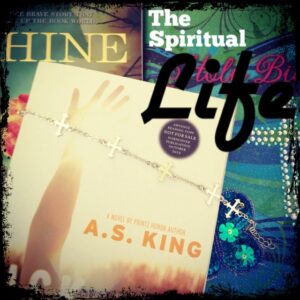 Karen Jensen:
Karen Jensen:
A long time ago (sometime in December) in a galaxy far, far away (erm, not so much), two librarians met on Twitter asking a simple question: Why isn’t there more discussion about the spiritual lives of teens in YA literature? You see, Ally Watkins (more about her in a moment) and I couldn’t help but notice that although a great many of our teens (recent stats indicate 6 out of 10 teens are engaged in some type of weekly spiritual activity) go to some type of religious service or event, this is not the case in YA literature. There are, of course, exceptions. For example, in FAKING NORMAL by Courtney C. Stevens the teens discuss their faith and even go to church. In the upcoming EVERY LAST PROMISE by Kristin Halbrook the teens discuss their faith, with one teen even mentioning that another person goes to church but isn’t sure what they believe, which is a pretty accurate representation especially for this age group. In BURNING NATION by Trent Reedy, groups of people stop and pray in the midst of some difficult situations. These books are not about faith, but they integrate the faith of their main characters into the text in the same ways that many teens integrate their faith or faith quest into their daily living.
But by and large, there isn’t a lot of discussion of faith, especially if you move outside the realm of the evangelical Protestant faith. How, for example, we wondered is the Muslim faith represented in YA literature? What about Buddhism? Hinduism? Mormonism? Judaism? But these questions are bigger than Ally and I, in part because we don’t feel able to discuss faith representations outside of our own in any meaningful way. But have no fear, we have been in contact with some cool people who are joining the conversation. We’ll be hearing from them soon and throughout the year.
ADVERTISEMENT
ADVERTISEMENT
In this big push for diversity in YA lit, a good and necessary push, we would love to see a push for a better representation of the spiritual lives of teens in YA lit. I understand the hesitation, faith, religion and spirituality is deeply personal and varied. The topic of faith can be controversial, the basic premise of some faiths are the belief that they are right which makes everyone else wrong, which is a hard place to start from when trying to promote love and acceptance. But I remember being a youth ministry major at my conservative Christian college and thinking how much we would all benefit from understanding some of the basic tenets of faiths different than our own. And I wondered, for example, as I read last year’s LIKE NO OTHER by Una LaMarche if it was an accurate representation of that faith that I could/should add to my collection or if it was somehow flawed in it’s understanding of the Judaic faith which would be problematic. I don’t want materials in my collection that misrepresent or stereotype people of any faith anymore than I want materials that misrepresent or stereotype people of color or people on the spectrum or people with some type of disability. I want books with rich, fully developed characters and spiritual lives that expands my world view, but I don’t always know what to look for when making those evaluations any more than I know if the representation of epilepsy in 100 SIDWAYS MILES by Andrew Smith is accurate or harmful. That’s why we need to have conversations. Dialogue is good.
One of the things I really liked about LIKE NO OTHER was the way the main female character, Devorah, struggled with her religion and her family’s seeming view on women (they did not support college education for women) and how she tried to hold on to the basic tenants of her faith while also trying to assert her worth as a woman and her desire to get an education. As a feminist and a Christian, which depending on your denomination doesn’t always go together well, I completely understood this wrestling of dueling belief sets. I have sat through sermons where I have been told that I am worth so much less than a man and felt the heartache of rejection as I realized that some of the foundational beliefs of my faith were openly hostile towards me. But as I grew I learned that there were other churches that more openly embraced the idea that all people were created equal by a loving God who wanted the best for His children. I learned that the church you grow up in, the church of your parents, doesn’t necessarily have to be your church. Just as Devorah learns that there are nuances to her faith, I learned that there are nuances to mine. Don’t get me wrong, I still wondered about the accuracy of the faith as presented in LIKE NO OTHER, and it’s possible that someone is going to discuss that with us as part of this series because apparently it is not, but I completely identified with the faith struggle that Devorah goes through even though we are talking about different faiths. That is the beauty of story, it shows how we can be alike even when we may seem so different, it opens doors of understanding and weaves us together in our journeys.
Teens have spiritual lives. They ask big questions. They seek out answers and are trying to find out who they are and what they believe. Some teens go to church or synagogue or temple with their families and are strong adherents of that faith, some are questioning their faith, some will abandon it all together. Your faith, or choosing no faith, can inform who you are and what decisions you make. It seems like we are doing a disservice to teen readers by neglecting this part of their lives all together in the literature we write for them (or collect for them). This series will, we hope, help us discuss these issues more so that we can make sure that when we are buying books to put on our shelves, we’re also making sure that we have some good, authentic religious diversity on those shelves as well.
 Ally Watkins:
Ally Watkins:
Hi.
I’m a person of faith. It’s an integral part of me.
When I was a teenager, I was a person of faith. I was just learning how to be. And I was passionate about it. It was a way for me to explore who I was and who I was becoming, and it was and continues to be a way for me to grapple with the world around me.
One of Karen’s recent posts said that a study shows that 6 out of 10 teenagers claim some sort of faith or spirituality. When you’re a teenager, you’re figuring out who you are. You’re figuring out your identity, your sexuality, your preferences, your personality, and you’re figuring out what your religious life is going to look like or not look like.
That’s why I think it’s so important to look at what at faith and spirituality look like in the books that teens are reading. Are they seeing themselves reflected? Is it positive? Negative? Is it there at all?
I serve teens in the Deep South. Religion is a big part of life here. There are many kids that use my library who are in church or temple or synagogue or mosque three or four times a week. And a lot of times, they’re not seeing that lifestyle reflected in what they’re reading. Like any other group of teens, religious teens deserve to be represented. The good, the bad, and the ugly. We’re hoping this series helps to shine a light on what that looks like across a wide swath of YA. We want this to be a discussion. We want you to tell us what you think, and what your teens think. We want to know why this is important to you. So let us know what you’re thinking, and if there are books you think we should read and talk about, be sure to tell us that, too.
Watch this space for reviews and discussion. We hope you’re as excited as we are.
Meet Ally Watkins, MLIS
Filed under: Faith, Spiritual Life, Spirituality, Teen Issues
About Karen Jensen, MLS
Karen Jensen has been a Teen Services Librarian for almost 30 years. She created TLT in 2011 and is the co-editor of The Whole Library Handbook: Teen Services with Heather Booth (ALA Editions, 2014).
ADVERTISEMENT
ADVERTISEMENT
SLJ Blog Network
Name That LEGO Book Cover! (#53)
Cover Reveal and Q&A: The One and Only Googoosh with Azadeh Westergaard
Exclusive: Vol. 2 of The Weirn Books Is Coming in October | News
Fighting Public School Book Bans with the Civil Rights Act
ADVERTISEMENT



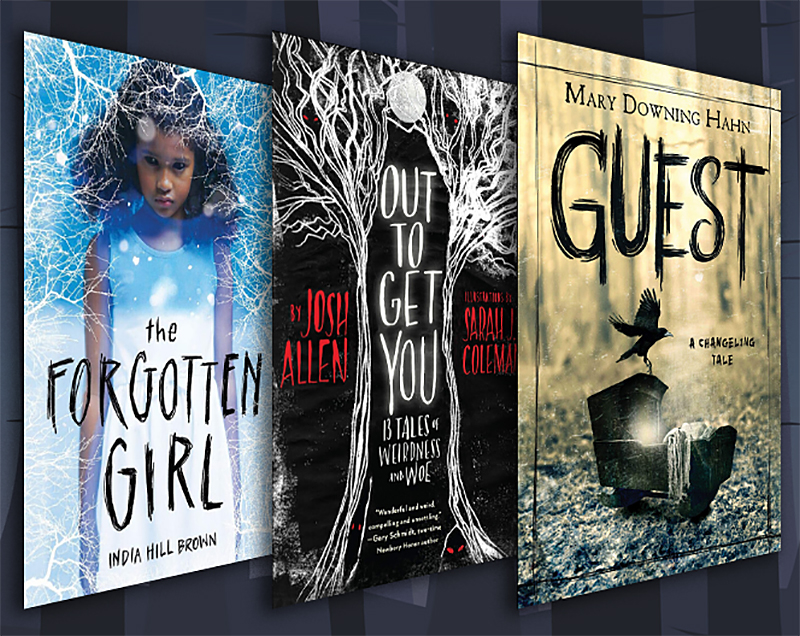
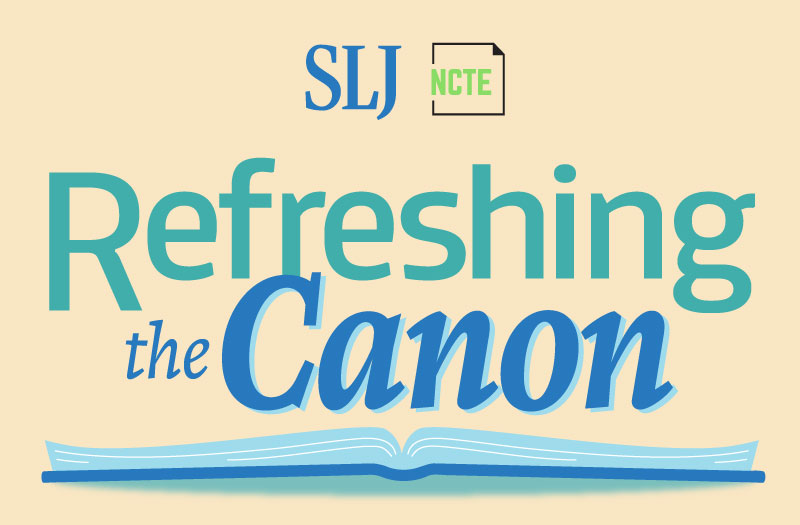
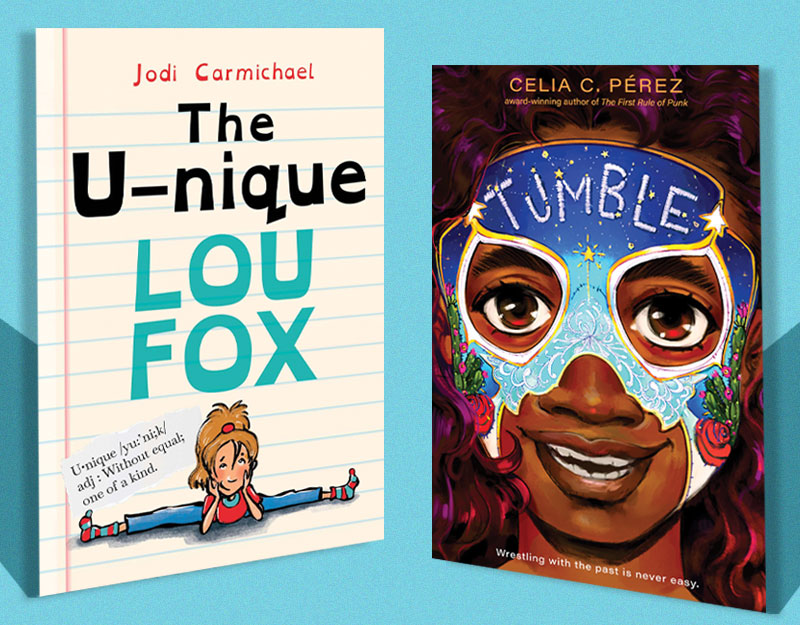
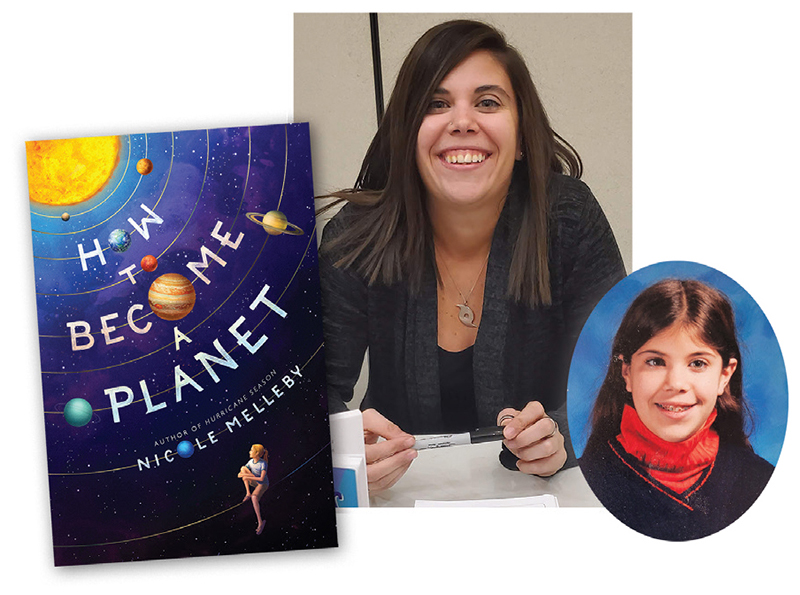
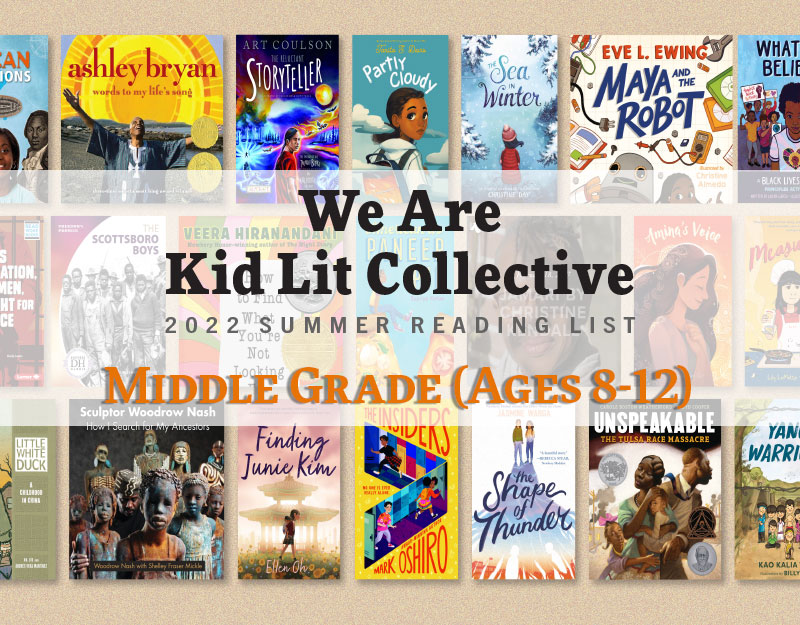
It’s a decade old, but YALSA stalwart Janet HIlbun did a great job talking about this in her 2004 dissertation, “Walking in the Light: The role of Protestant Christianity in Modern Young Adult Literature.” http://books.google.com/books/about/Walking_in_the_Light.html?id=m8w4nQEACAAJ
This looks interesting, thank you so much for the head’s up.
Karen
I was excited for Rumble by Ellen Hopkins because it had a lot of things about faith and religion integrated in the story. But ultimately, I was disappointed that the Christian group just ended up being portrayed as judgmental, legalistic, and catty. I know some Christian groups are like that, but there are a lot that aren’t, so it was tough reading that.
I haven’t read Rumble yet, but it is on my list. I did hear Ellen Hopkins speak about Rumble before it’s release to a group of teens and was very impressed about what she had to say about the book, why she wrote it and the story she was hoping to convey. It will be interesting to see how the story unfolds.
I’m so looking forward to this series, and so glad you’re doing it! I’ve always written about faith–my debut w/ Hyperion in May, CONVICTION, is about the son of a Christian talk show celebrity who’s forced to come to terms with his own faith and relationship with God when his father is accused of vehicular homicide, and who’s grown up in a deeply evangelical community. Faith is such a critical–complicated, complex and very real–part of the lives of so many young people, and even for young adults who don’t consider themselves spiritual, defining yourself in the face of whatever beliefs you’ve been raised with is a huge part of growing up. I can’t wait to read books that open dialogues and allow readers a space to grapple with big questions and tensions that faith can bring. Thanks so much for this series!
Kelly,
I am making a note of your upcoming title. It sounds really interesting. Thank you for sharing it with us.
Karen
In Like No Other, Devorah is a member of the Hasidic community, which is a highly orthodox and specific sect of Judaism, that is also bound by strict cultural and religious observances. I would say that Like No Other discusses the spiritual and cultural practices of one, small group but I would be remiss for readers to assume that Hasidism represents the entire Jewish faith.
From what I heard, some of the terminology Devorah uses is problematic. For example, she refers to her grandmother as “shiksa”, which is apparently incorrect. However, I am in no position to talk about the concerns that were expressed to me, which I did find interesting and informative. But it is my understanding that just as there are a variety of different ways that one can be Protestant, there are a variety of different ways of course that one can be Jewish. I don’t think the problems raised to me were about the fact that Like No Other was about a highly orthodox sect of Judaism, but that some of the things presented as being a part of this sect were incorrect.